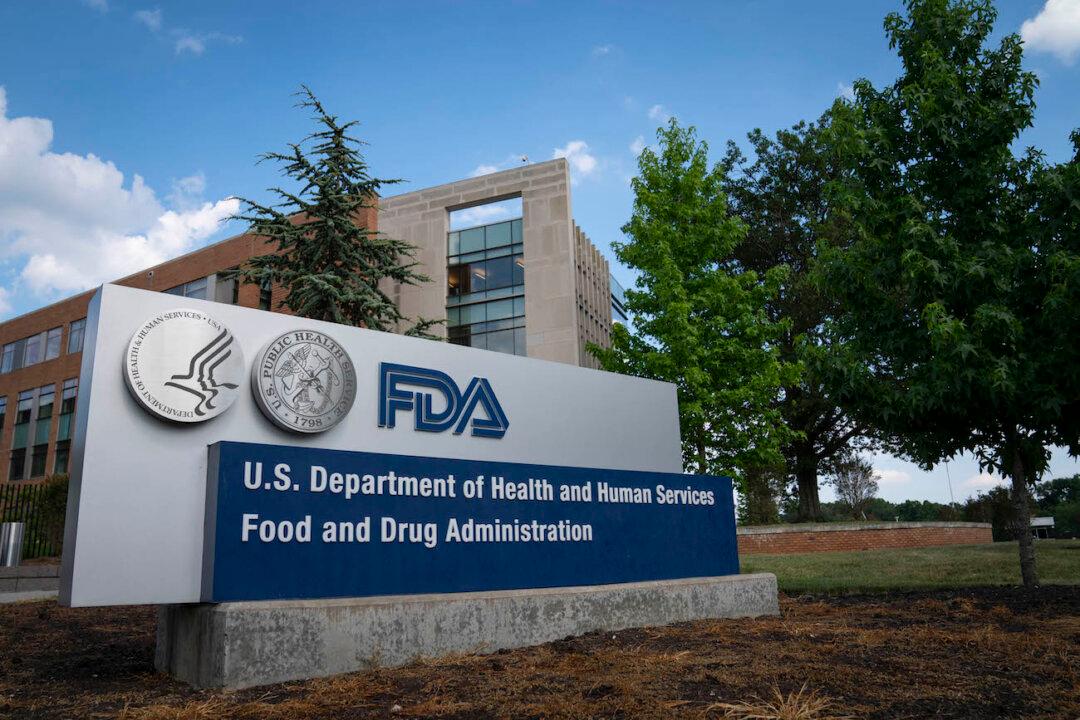The U.S. Food and Drug Administration (FDA) has granted emergency authorization to the updated Pfizer-BioNTech COVID-19 vaccine as a booster for children as young as 6 months old, even though Pfizer has produced no clinical efficacy data for any age group.
FDA officials on March 14 said the emergency clearance was based on trial data that showed 60 children had “an immune response” after receiving the updated bivalent booster, and trial data that found 60 young children experienced side effects such as fatigue, diarrhea, and vomiting after bivalent vaccination.






